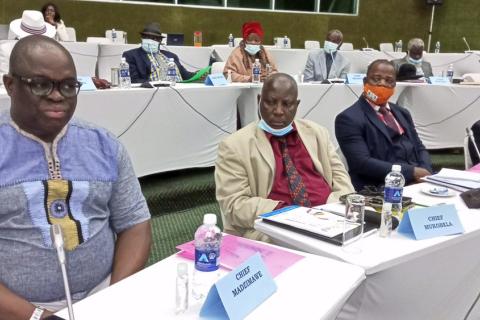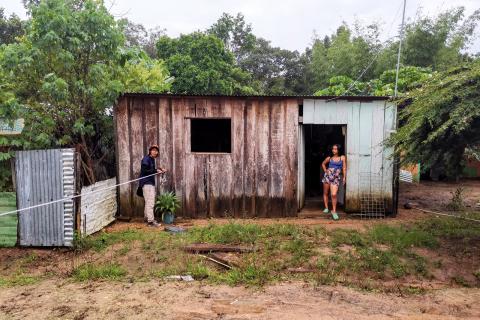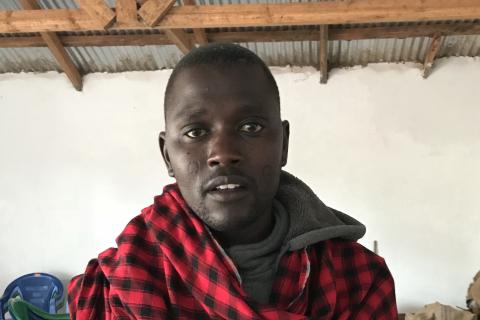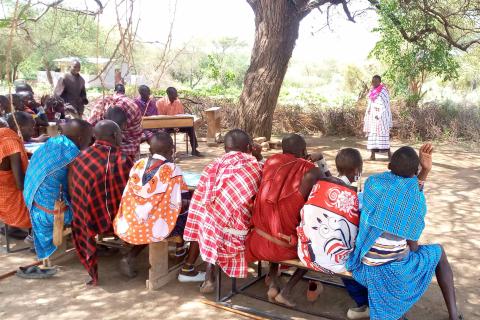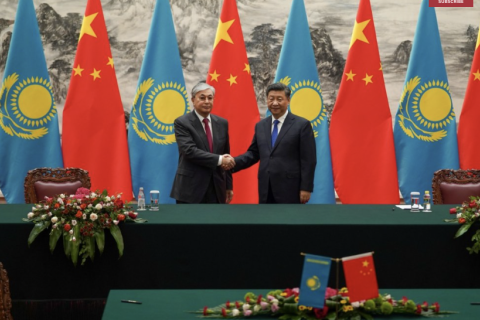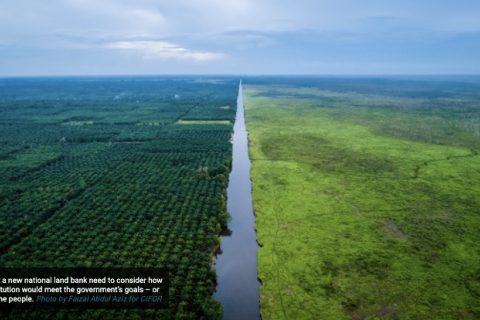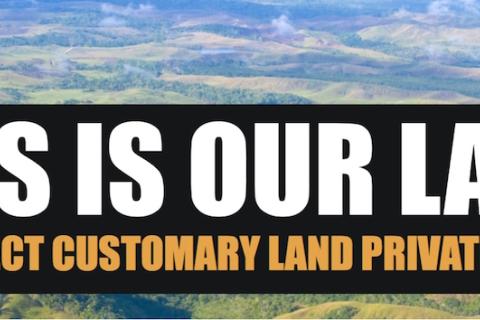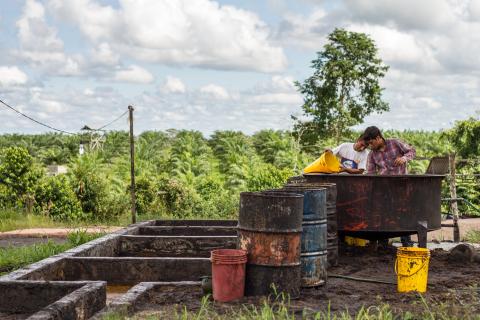Traditional authorities need a clearer role in land governance
Traditional authorities in Zambia complain that the government does not consult them when land is allocated for investment projects, while communities say chiefs are neglecting their interests. Jesinta Kunda of Zambia Land Alliance says more clarity is needed on the role of traditional authorities, in law and practice, to ensure large-scale investments in agriculture, mining and other sectors are governed better – particularly in light of the rising demand for critical minerals found in Zambia. She urges the government, traditional leaders and citizens to seize the opportunities presented by current legal reforms in Zambia to create change.

